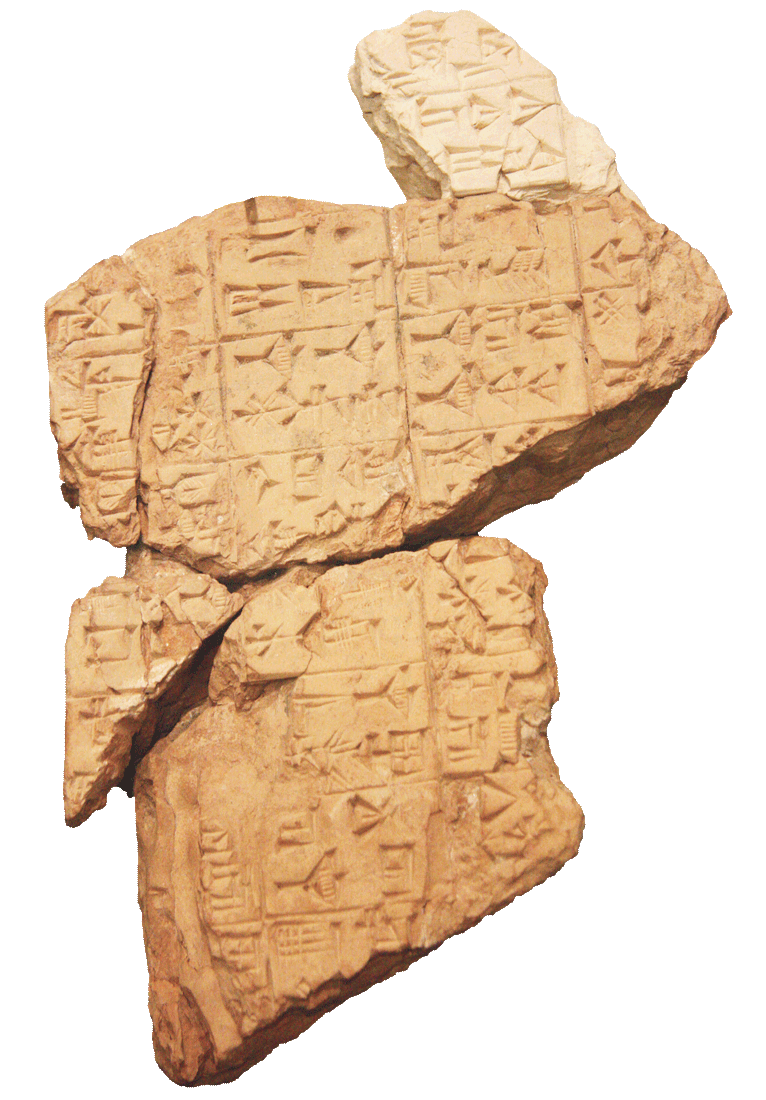Proverbs
For Attaining Wisdom and Discipline
Central Teaching
Proverbs provides us with guidelines for right day-to-day living and wise character development.
Memory Verse
Setting
First Kings 4:29–34 implies that Solomon was familiar with the proverbs and wisdom writings from other intellectuals in the ancient world. While 1 Kings 4:32 states that Solomon “spoke” three thousand proverbs, this verse is not clear about whether he composed these or was just able to recite them. Solomon probably collected proverbs from within Israel as well as from the rest of the ancient world, while also composing some of his own. Under the inspiration of God, a large number of these proverbs were collected, edited, and included in the Bible as Proverbs 1–29 during the reign of Solomon (971–931 BC) and later during the reign of Hezekiah (716–687 BC).
Throughout this process a constant interaction and mixing of folksy, homespun proverbial wisdom from the farms of Israel and intellectual, philosophical reflection from educated scholars (including Solomon) in the courts of Jerusalem probably occurred.

A wall relief from the palace at Susa showing a wealthy woman (perhaps a queen or princess) seated with a spindle in hand (cf. Prov. 31:19)
Message
The purpose of the book of Proverbs is expressed clearly in the opening verses: “for gaining wisdom and instruction” (1:2–3) and for teaching both the young and the wise (1:4–5). Proverbs 1:7 (“The fear of the LORD is the beginning of knowledge”) connects the successful search for wise living to obedience before God.

The Lord abhors dishonest scales (Prov. 11:1; 16:11; 20:23). Depicted here is a set of ancient bronze scales.
At its core Proverbs is about building character. It provides guidelines for right and wise character development. Proverbs presents the norms of life—that is, things that are generally and normally true, things that one should build his or her character on.
Proverbs presents the norms of life, and the other Wisdom books (Job, Ecclesiastes, Song of Songs) focus on the exceptions. All of the Wisdom books need to be taken together to balance each other. Proverbs without Job can lead to incorrect practical theology, as Job’s three friends illustrate. Part of becoming truly and biblically wise is learning how to apply the various proverbial teachings in the book of Proverbs to the differing contexts of life.
Outline
Interesting Features
- Proverbs helps us deal with issues in our daily lives relating to family, friends, and work.
- Proverbs warns against sexual immorality.
- Many proverbs address speech problems (gossip, honesty, anger).
- Proverbs opens with a focus on fathers and sons and closes with a focus on a mother and wives.

A clay tablet containing Sumerian proverbs (2000–1800 BC)
Connections
We can apply many of the proverbs to our lives quite easily because they deal with the most basic aspects of life, such as family, neighbors, work, speech, and society. Out of this day-to-day “living in the real world” context several central themes emerge from Proverbs: wisdom vs. folly; improper aspects of speech (anger, gossip, etc.); proper family relationships; laziness vs. hard work; and proper attitudes toward the poor.
Proverbs teaches us not to be boastful or proud. Part of being wise is learning to be humble and concerned about others. We also learn in Proverbs that if we are wise, we will be calm, even-tempered, and slow to anger. We will speak soothing words that calm down crisis situations. We will also be listeners, always ready to learn more wisdom from others and cautious about spouting off our own opinions.